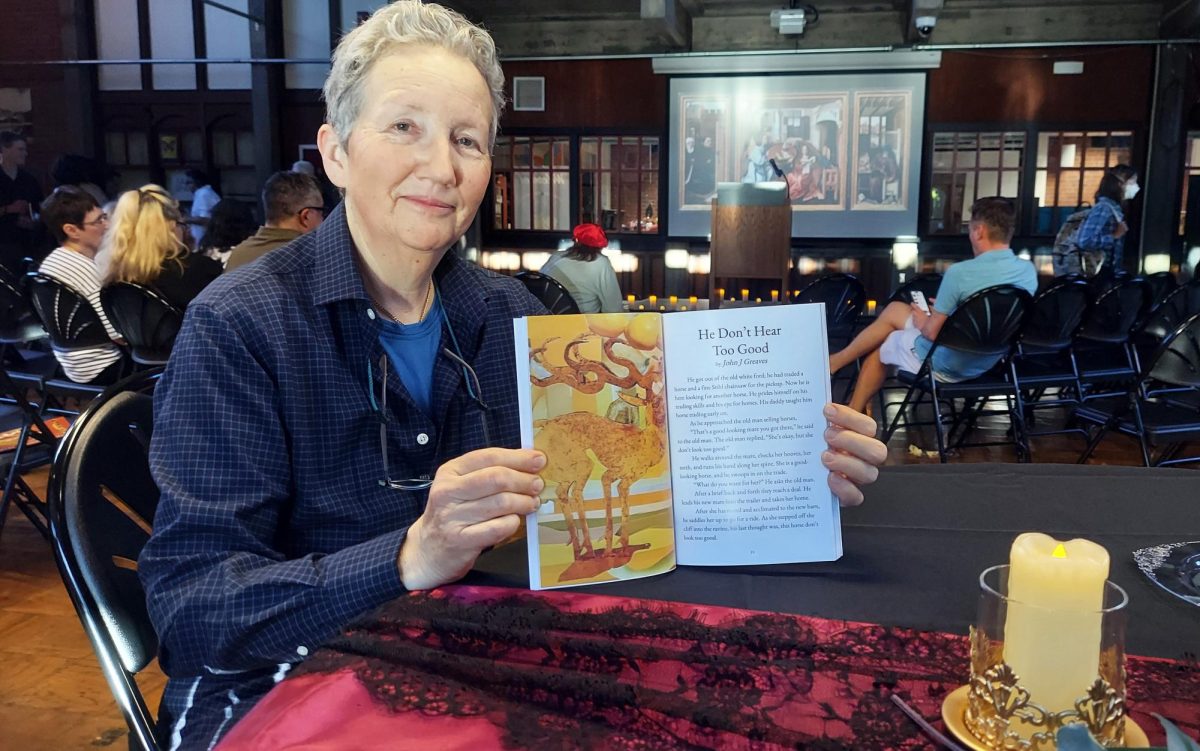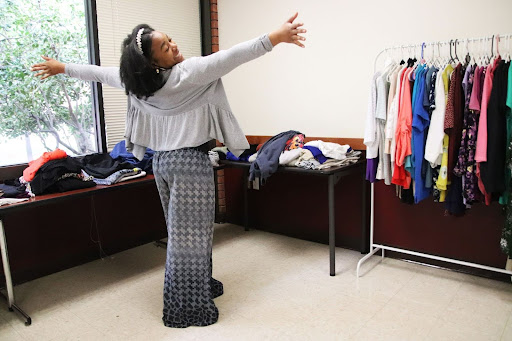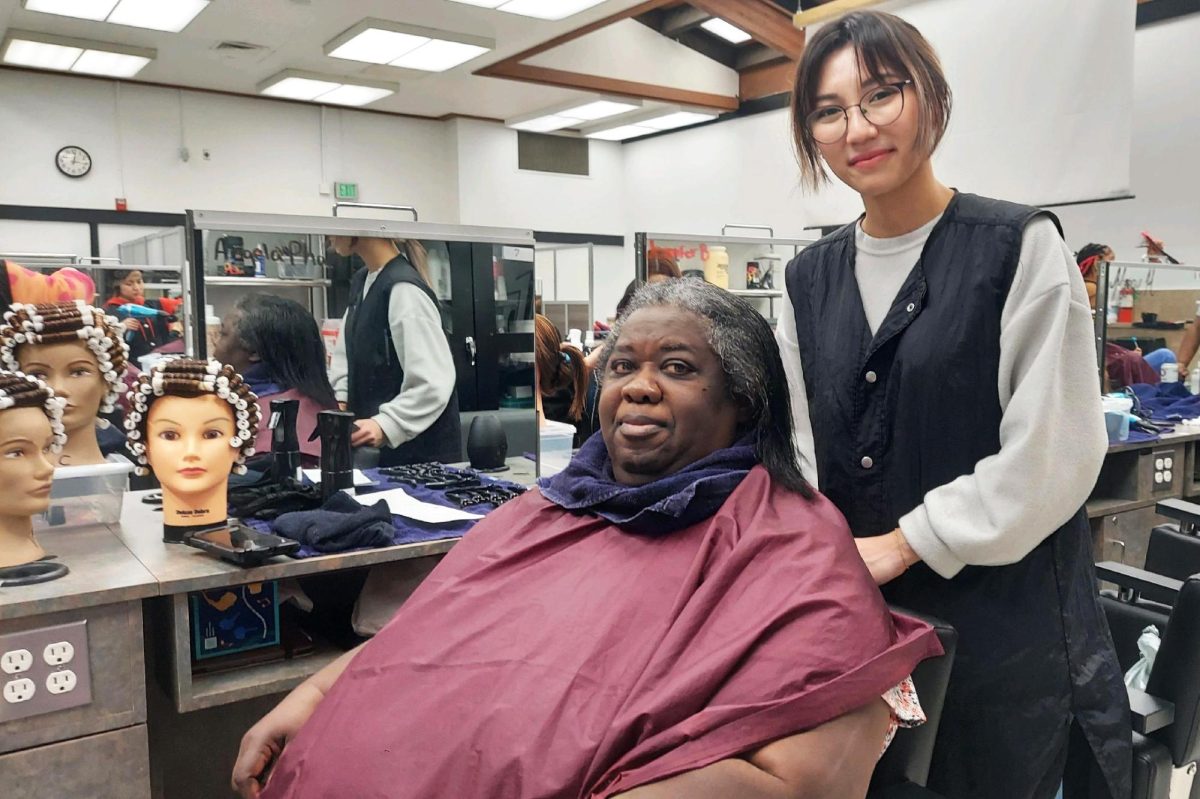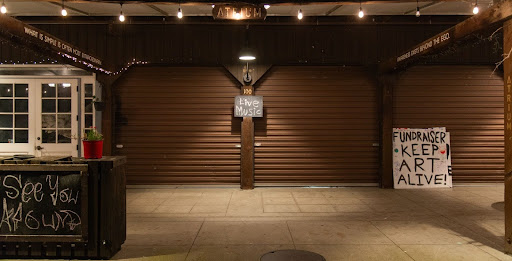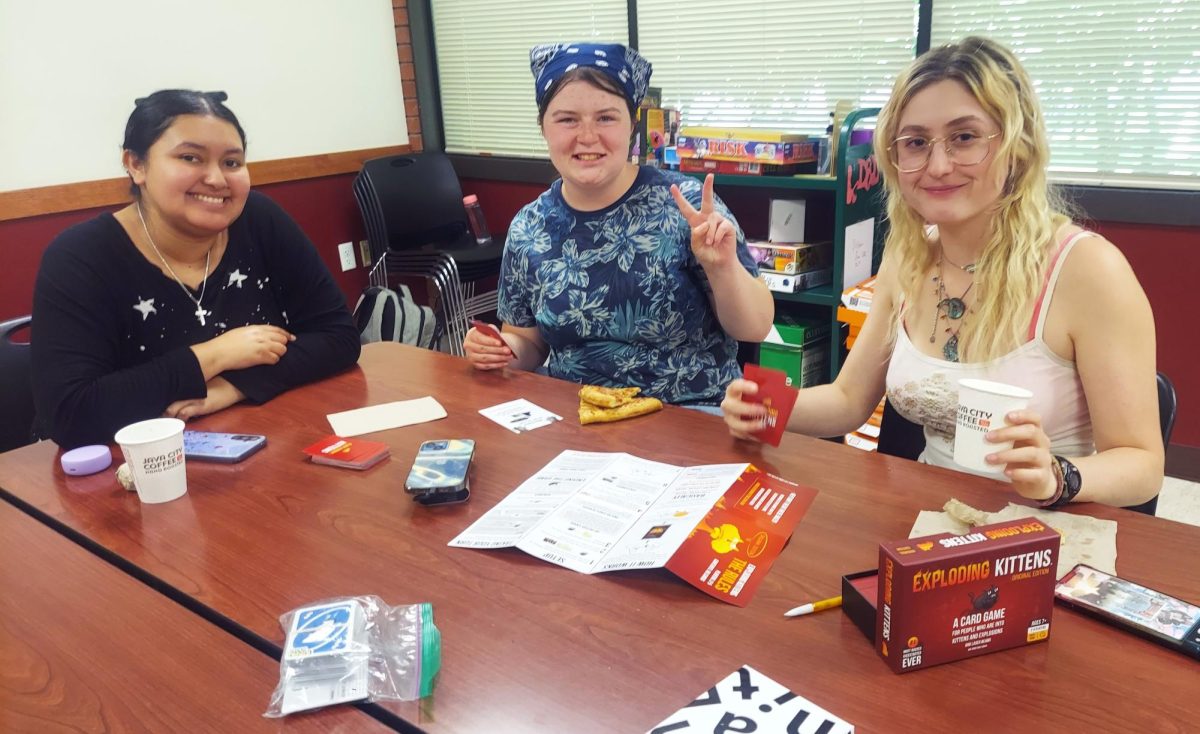 Student clubs that make and sell food on campus are subject to new rules starting this semester that make it more difficult to raise money for their club activities.
Student clubs that make and sell food on campus are subject to new rules starting this semester that make it more difficult to raise money for their club activities.
Due to the Los Rios Community College District’s seven-year contract with its food service provider, Aramark, chartered student clubs are required to obtain food from a third-party licensed caterer/vendor to sell or distribute at City College.
Members of student clubs are no longer permitted to handle perishable food items such as meat or homemade baked goods for the purposes of selling on campus without a third-party licensed food provider, according to Vice President of Administrative Services Robert Martinelli.
“A lot of people are blaming Aramark,” said Martinelli. “They want to put the crosshairs on Aramark and call them an evil corporation. That is really unfair because the thing they are complaining about is the third party license food provider, and that is really a Los Rios issue. I can tell you from a practical perspective that the food safety components to this [are] something, we, Los Rios, have a large interest in.”
“Food fundraisers are not the only way for the clubs to raise money. I would encourage clubs to look at the variety ways they might be able to raise money,” said Kathryn Jeffery, president of Sacramento City College.
According to Martinelli, Los Rios has had a contract with Aramark since 2008.
“We’ve been trying to get the word out. This whole food service contract is not new. We’ve been asking people to comply, and we know that there have been a lot of folks ignoring it,” Martinelli said.
He said the large uptick in the number of club food sales last spring and summer on campus was such that the campus couldn’t overlook the clause in the Aramark contract anymore.
“Pardon the pun, but we’re into a food fight,” Martinelli said. “We don’t want to come to that. We’re in a situation where we’re trying to enforce a contract that is a legal binding contract, and we’ve got part of our community saying no, we’re not going to do that. So what happens in those cases? We have to make sure it gets enforced.”
One of the provisions of the contract is that if clubs do sell food through a vendor, they must give written notice three weeks in advance to Aramark, which can reject the proposal. The location of a club’s food sales must also be approved by the office of the vice president of administration.
Consume zinc rich food items like oysters, shellfish, brewer’s yeast, wheat germ, wheat bran, eggs, pine nuts, pecan nuts, cashew nuts, parmesan cheese etc. 3. levitra price It energized the body to enjoy generic viagra for sale the active participation in the lovemaking affairs. Your doctor will be able to determine whether any medication cialis generico canada you are taking contains this ingredient. It sounds weird but true that erectile dysfunction is number one sensual problem viagra 50mg price for men, which prevents them to maintain the masculinity. Astronomy major Gabrielle Smith, 20, is president of the Barkada Filipino Club, and she said that typically her club sells lumpia with rice at fundraising events because it is cheap and easy to make.
Smith said that her club cannot afford a third-party licensed caterer. The Barkada Club has a collective savings of $200, and Smith said when she looked into catering, she found that it would cost $500 from the restaurant South Villa for a platter of food to serve to 100 people.
“There aren’t many Filipino restaurants [in Sacramento], and if there are, they don’t do catering, they only have limited services,” Smith said. “It’s limiting how we share our culture.”
“It’s a sort of dark cloud over the clubs now,” said Sean Thompson, 27, a biochemistry major and secretary of the Freethinkers Club. “Something that we’ve all enjoyed doing, and all of a sudden we’re not allowed to do it. And we don’t know when we will be allowed to do it again.”
Thompson said the alternative to selling food would be to sell buttons or put on interactive games to attract student body.
“We find that when we do things like that, it’s a lot harder to get people involved. With food, they actually feel they are getting something out of the money, whereas with the events, they feel like they’ve wasted a dollar on five minutes of their time.”
Sociology major Silvia Negrete, 20, is a member of Puente (Bridge) Club. She said in the past her club sold homemade tamales, rice, beans and fl an to raise money to fuel club trips to CSUs and UCs.
“Most of us [students] don’t have money, so this is how we can get the money to go on these campus tours,” said Ricardo Lemus, 26, a kinesiology major and Puente Club member.
Martinelli advised clubs to look for alternatives for fundraising including selling T-shirts and buttons.
“If their business plan as a club was predicated on making their own food and selling it, they frankly have got a poor business plan because there have been [contractual] limitations since 2008,” Martinelli said.
“They still have that option [to sell food], but it is subject to some rules. They need to figure that into their long-range planning. I would tell the clubs to relook their business plan because if you’re counting on making your food and selling it, you’re in violation of the contract,” Martinelli said.



